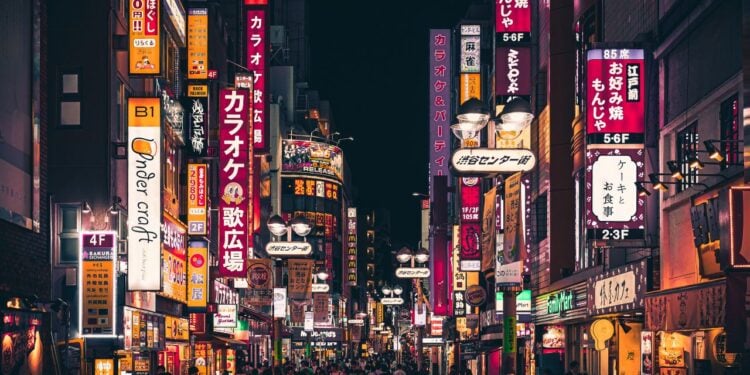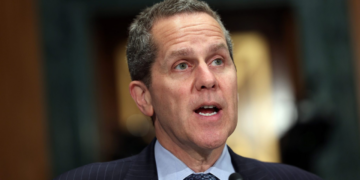Japan Prime Minister Shigeru Ishiba announced plans to advocate for substantial wage hikes during the upcoming labor negotiations.
Reuters reports that this initiative, highlighted at a recent three-party meeting between the government, businesses, and union leaders, positions wage increases as a central public policy goal in response to escalating welfare spending needs and rising prices.
The Prime Minister’s push for higher wages comes amidst economic pressures and is expected to form a critical part of next year’s “shunto” negotiations.
Japanese companies had already delivered the largest pay hike in 33 years earlier this year, and the largest labor union group in Japan is now demanding at least a 5% wage hike for 2025.
This move is strategically aimed at addressing living costs and enhancing the overall financial stability of workers.
Following the footsteps of former Prime Minister Shinzo Abe, Ishiba seeks to uphold a three-way discussion framework where government, business, and labor leaders collaborate on wage policies.
Such intervention, which was initially seen as unorthodox, has increasingly become accepted as a measure to attract and retain talent. By proposing specific measures for achieving a 42% average minimum wage increase by the end of the decade, Ishiba appears focused on long-term economic reform and workforce empowerment.
The government will continue its dialogue with business and labor leaders to create an environment conducive to significant wage growth, reflecting a broader global trend towards ensuring fair compensation and improved labor conditions.
As professionals examine the potential implications of such policies, this development underscores the growing emphasis on sustainable and equitable work practices.
















